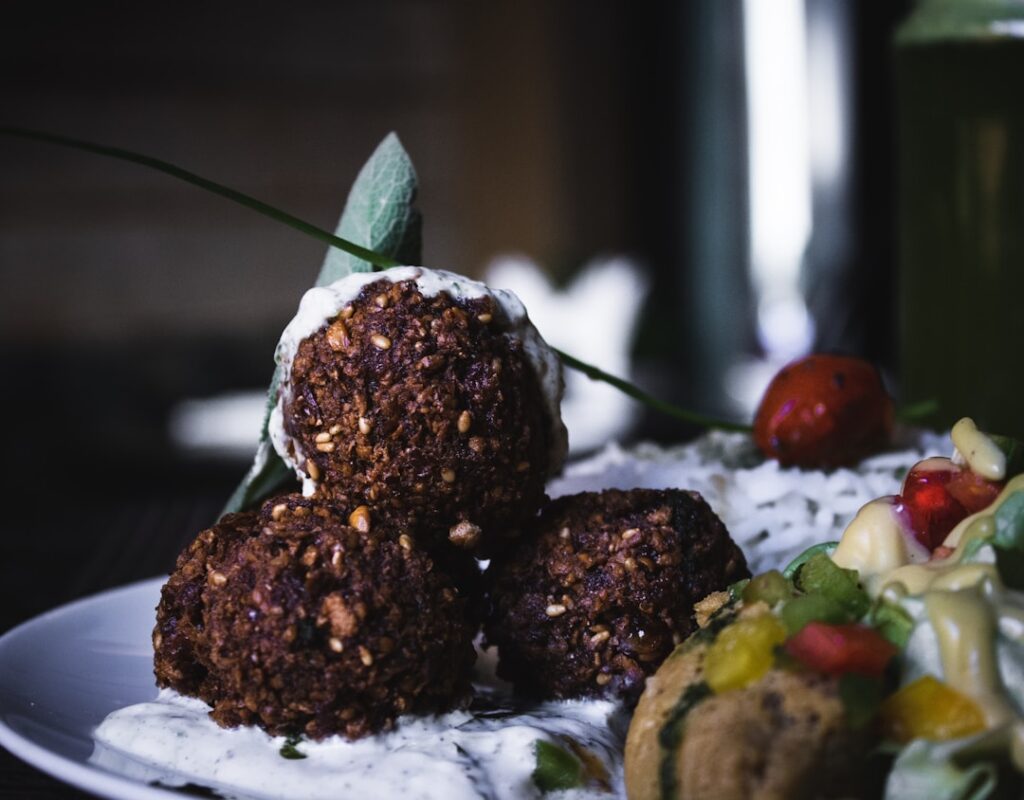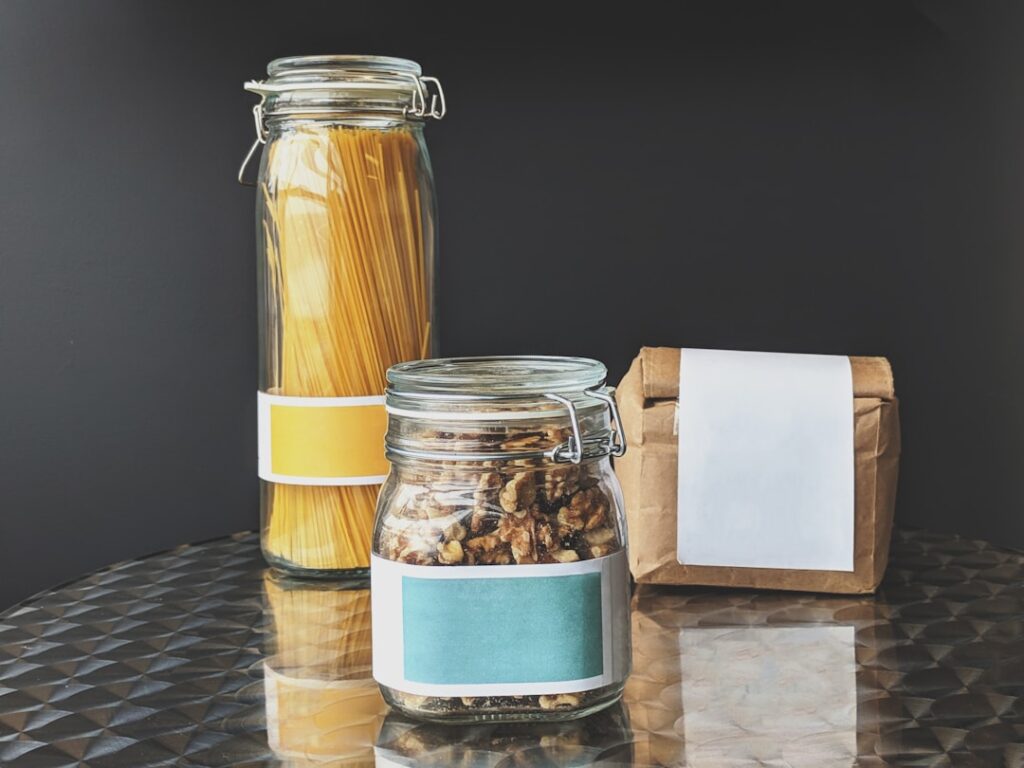A Beginner's Guide to Cooking Halal: Understanding the Basics
Embarking on the journey of halal cooking can be an enlightening experience, merging culinary exploration with the observance of religious dietary laws. Cooking halal isn’t just about following recipes; it’s about understanding the principles behind the food you prepare and consume. Whether you’re cooking for yourself or for others, it’s important to ensure that your kitchen respects the halal guidelines. Keep reading for a comprehensive introduction to the world of halal cooking, where we’ll guide you through the ins and outs of preparing food that aligns with Islamic dietary standards.
Essential Halal Ingredients and Kitchen Setup

Setting up your kitchen for halal cooking begins with stocking the right ingredients. Start with the basics, such as halal-certified meats, seafood (which is generally considered halal), grains, fruits, and vegetables. It’s also important to have a range of spices and herbs at your disposal, as these are pivotal in creating the rich flavors synonymous with many traditional halal dishes. Make sure to always check for halal certification labels when purchasing packaged goods or meats.
One must also consider the preparation environment. The kitchen should be free of any non-halal items to avoid cross-contamination. Utensils, pots, and pans should be dedicated for halal cooking or thoroughly washed if they have been used for non-halal foods. This segregation is essential to maintaining the purity of halal meals. Additionally, it’s beneficial to have separate sections in your storage area and refrigerator for halal ingredients.
For those on a tight budget, learning how to cook halal food without overspending is possible. Purchasing in bulk, choosing seasonal produce, and utilizing every part of the ingredients are practical ways to keep costs down. Creative recipes that combine affordability with adherence to halal principles can be a fun and rewarding challenge for any cook.
Halal Meat Selection and Preparation
At the core of halal cooking lies the proper selection and preparation of meat. When choosing meat, it should come from a credible halal-certified source, ensuring the animal was treated humanely and slaughtered according to Islamic law. Many halal butchers and specialty stores provide a variety of meats, and it’s important to develop a relationship with trustworthy vendors who can confirm the halal status of their products.
Preparation of halal meat requires attention to detail. Before cooking, it is common practice to thoroughly wash the meat and remove any blood, as the consumption of blood is not permitted in Islam. Additionally, care should be taken to avoid cross-contamination with non-halal foods, which means using separate cutting boards, knives, and utensils or cleaning them rigorously before use.
Vegetarian and Vegan Options in Halal Cooking

Halal cooking is not limited to meat-based dishes; there are numerous vegetarian and vegan options that fit within halal dietary laws. Due to the simplicity in ensuring plant-based foods meet halal standards, these dishes can be easier to prepare for those new to halal cooking. Beans, lentils, grains, fruits, and vegetables form the foundation of many nutritious and halal-compliant meals. With the creativity and right ingredients, vegetarian and vegan dishes can be just as satisfying and flavorful as their meaty counterparts.
Dairy products and eggs, provided they come from halal-certified sources, are also commonly used in vegetarian halal cuisine. However, vegans will avoid these ingredients and can instead rely on plant-based alternatives like almond or soy milk, which should be halal-certified as well. It’s vital to scrutinize the labels for any hidden ingredients derived from animal sources that are not halal.
Simple Halal Recipes to Get You Started
Starting with simple recipes is a great way for beginners to get comfortable with halal cooking. One easy dish to begin with is a classic chicken curry, using halal-certified chicken and a mix of spices like turmeric, cumin, and coriander to create a rich and flavorful sauce. Pair this curry with basmati rice for a complete meal. It’s an ideal way to introduce the palate to the traditional flavors found in halal cuisine.
Another great recipe for novices is a simple grilled fish dish. Opt for varieties like salmon or cod, and marinate them in garlic, lemon juice, and dill. This preparation is not only simple and quick but is also a healthy option that abides by halal principles. Grilling the fish to perfection provides a meal that’s wholesome and satisfying.
Altogether, the art of cooking halal food is a journey that promises to be as rewarding as it is enlightening. With the right knowledge, ingredients, and attitude, anyone can master the basics of halal cooking. Overall, this guide provides a firm foundation for those beginning their pursuit of creating meals that are not only delicious but in full accordance with Islamic dietary principles.




